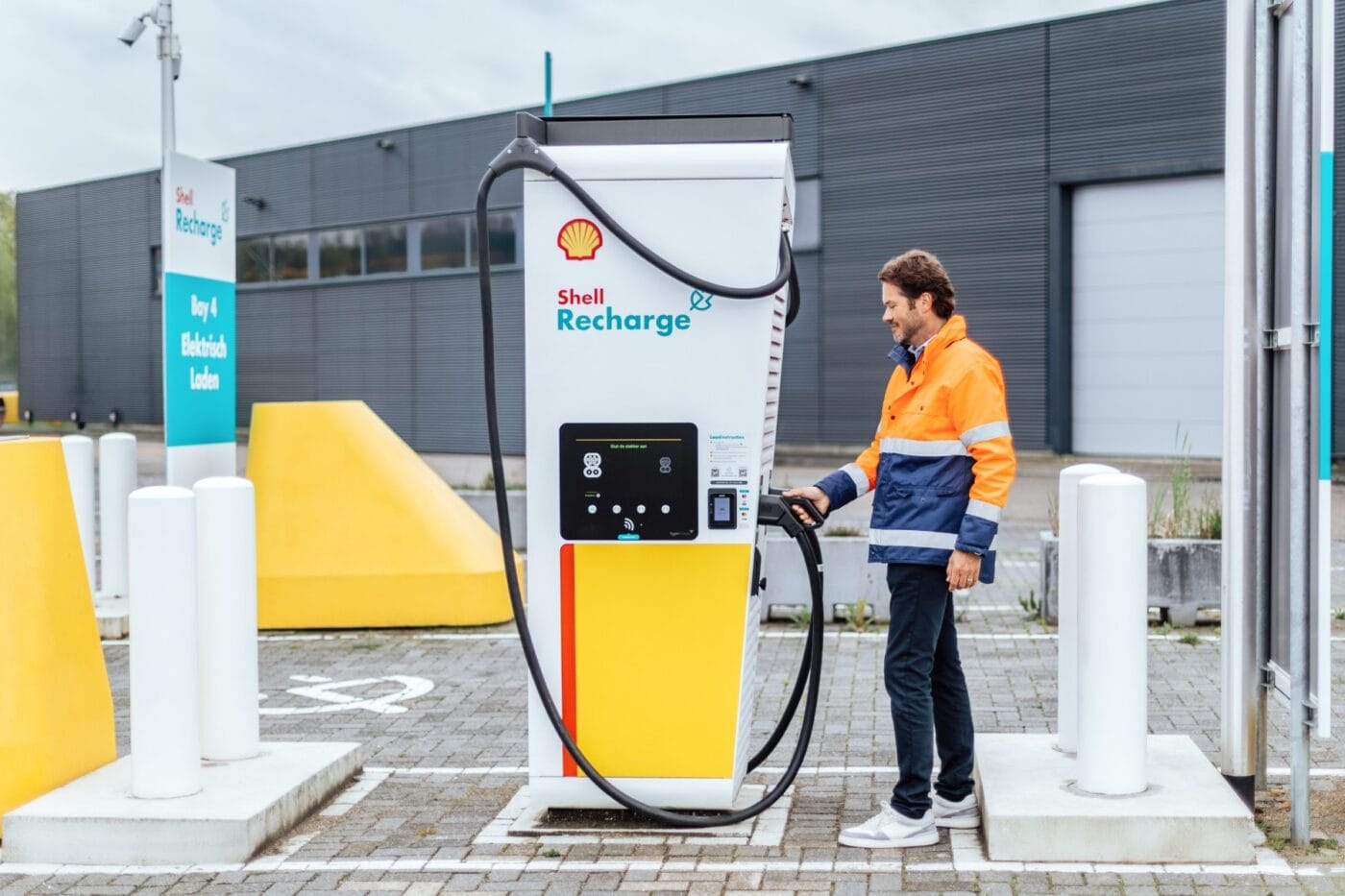Shell launches EV charging network for heavy-duty fleets
Shell says that, overall, the new network will help fleets without depot capacity gain the ability to electrify without the need to invest in further infrastructure. This will be accomplished by giving long-haul electric vehicles access to both its public and roaming charging networks. Shell says that it will also provide “stable and reduced energy pricing” across the network.
No details have been shared on how the charging locations will be linked. However, SBRS, part of the Shell Group, will deliver the depot-based aspects of the network, including charging hardware, software integration, and energy system support, while the other parts of the network will continue to operate as normal. Shell states that participants in the network, i.e. those who offer up their own charging locations, will be able to generate revenue and improve energy costs.
The German logistics company Contargo has already been put forward as an interested party for the charging network, with SBRS acting as technology partner for the development of large private depot charging network at the company. Kristin Kahl, Management Sustainable Solutions at Contargo: “We truly value our collaboration with SBRS. Fleet electrification only works when charging is fully integrated into daily operations, which is why we’ve combined different models across our network. With Contargo planning to roll out 90 electric trucks and 90 charging points by the end of the year, we’re observing how integrated infrastructure can support scaling up and contribute to reducing emissions in logistics operations.”
On the customer-facing end, the new network promises a ‘turnkey solution’ whereby customers can access charging infrastructure, energy management tools and power provision through a tailored offering; in other words, Shell believes that some fleet operators who use this approach will not need their own depot at all.
Conrad Mummert, Head of SBRS at Shell, commented: “Our integrated charging network supports fleet operators by providing dependable access and helps to reduce the total cost of ownership for battery-electric trucks by up to 25%.1 That reduction is driven by a combination of cost-saving and revenue-generating opportunities – from stable, discounted energy pricing and charging optimisation, to monetising depot access during off-peak hours.”
Info via email





0 Comments